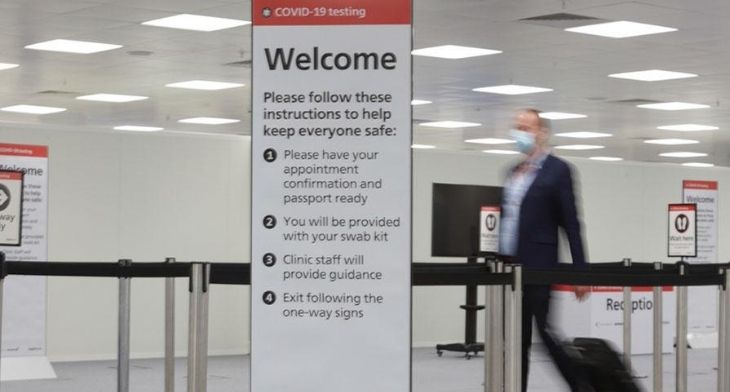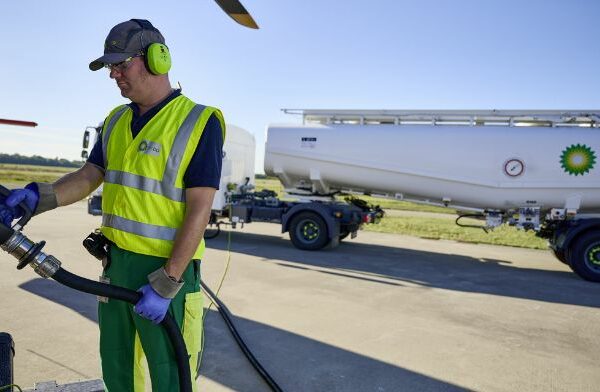


Airports across the UK have this week breathed a collective sigh of relief following the announcement that from 15 December the UK Government will reduce the 14-day period of self-isolation to five days for international arrivals, on receipt of a negative COVID-19 test.
The Government has also introduced financial support designed to provide commercial airports and ground handlers in England with relief equivalent to their business rate costs, capped at £8 million per site.
A spokesperson for Doncaster Sheffield Airport described the news as, “A step in the right direction for what has been a punishing year for airports.”
While passengers will be expected to meet the costs of getting a COVID-19 test themselves, one of Doncaster’s biggest operators Wizz Air is offering passenger discounts on COVID tests. “We are committed to getting the UK flying safely again,” said Wizz Air UK’s Managing Director, Owain Jones. “So it is with great excitement that we announce our partnership with Confirm Testing, through which our customers can secure the necessary testing services at a specially discounted price.”
Andrew Bell, Chief Executive of Regional and City Airports (which owns and operates Bournemouth, Coventry, Norwich and Exeter airports) added:
These announcements are a much-needed boost as aviation looks to bounce back from the greatest challenge it has ever faced, with regional airports having been amongst the hardest-hit sectors by the pandemic… We will continue to lobby hard and work with Government on what other steps can be taken to safeguard the UK’s regional airports.
However, while the Government’s policy on financial support has been welcomed by smaller airports in England, not all airports will see full business rates relief. The UK’s primary hub, London Heathrow – one of the UK’s largest business rates payers, with an annual bill of around £120 million – is a case in point.
John Holland-Kaye, CEO at London Heathrow, underlined that the business rates grants for English airports fails to provide any significant relief for larger airports, which are so crucial to providing the international connectivity needed by the UK after Brexit.
“The proposed reduction in business rates for Heathrow is only 7%, compared to an 82% reduction in passengers,” he said, explaining that despite suffering a £1.5 billion loss in the first nine months of this year, Heathrow will continue to pay a large majority of this sum, as a result of the Government failing to assess the contribution paid by airports on a case by case basis.
“Small airports in England, and all airports in Scotland and Northern Ireland have had a 100% waiver from business rates. The Government’s proposed approach is discriminatory against large airports, and we will now carefully consider our next steps,” Holland-Kaye concluded.
While not music to the ears of all airports, the UK Government’s announcement will certainly go some way to supporting high fixed-operating costs for regional hubs that have seen more than an 80% reduction in passenger traffic, resulting in a catastrophic loss of revenue.
Enjoy your weekend and remember to register for your complimentary copy of the December issue of Regional Gateway magazine by subscribing here.
Chloë Greenbank
Editor, Regional Gateway





